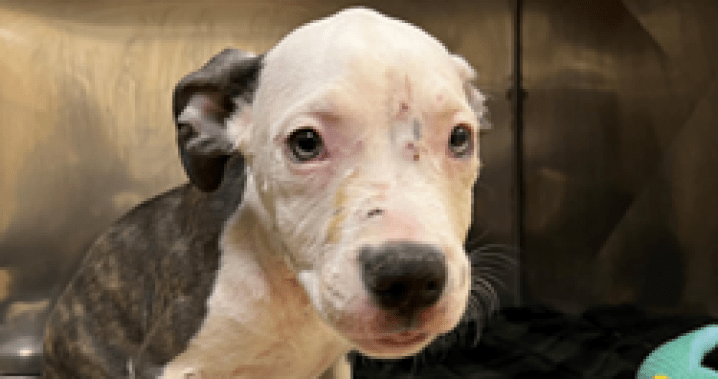Mike Mulick, the manager of animal services with the City of Brampton in Canada, has raised concerns about the increasing number of animals being abandoned by unethical breeders. He recently told Ontario lawmakers about cases where new mothers and their puppies were left outside to die once they were no longer of value to these breeders. The Preventing Unethical Puppy Sales (PUPS) Act, which received Royal Assent on June 6, aims to address these issues. Camille Labchuk, executive director of Animal Justice, highlighted that the issue of pet abandonment is not unique to Brampton and has been exacerbated by factors such as inflation and changes in demand for pets during the COVID-19 pandemic.
Shelters in Ontario have been under strain due to the increasing number of abandoned animals, particularly dogs and puppies. Sonya Reichel, vice president of shelter operations at the Ontario SPCA and Humane Society, mentioned that the organization has seen a 16% increase in intakes this year compared to 2023. The rise in abandoned animals can be attributed to pet owners who can no longer afford their pets or have accidental litters, as well as breeders who are unable to manage their situations. These animals often require emergency medical care and resources, putting a strain on shelters and rescue organizations.
Current laws in Ontario allow authorities to lay charges against unethical breeders if animals are found in distress. However, there is a lack of government oversight due to the absence of licensing and registration requirements for breeders, resulting in poor conditions and a surplus of animals in the marketplace. The PUPS Act aims to address harmful breeding practices by introducing minimum penalties for operating or facilitating a puppy mill. While the Act is a step in the right direction, advocates like Labchuk stress the importance of requiring breeders to be registered and licensed to track and regulate breeding operations effectively.
The PUPS Act will introduce minimum penalties for harmful breeding practices and aims to improve the safety and well-being of dogs and other animals. Labchuk has emphasized the need for licensing requirements for breeders and the establishment of standards of care for all dogs being bred. While the PUPS Act is a positive development, advocates believe that additional measures, such as mandatory socialization time for puppies, could further enhance the legislation and address the root causes of pet abandonment and overpopulation. It is essential for prospective pet owners to consider adoption from shelters or reputable breeders and to ensure they conduct thorough research before purchasing a pet.
Chelsea McGee, a spokesperson for Ontario Solicitor General Michael Kerzner, stated that the province will help develop regulations to set conditions for selling or transferring dogs and establish record-keeping guidelines under the PUPS Act. Municipalities in Ontario currently operate licensing regimes for dog breeders and kennels, and the ministry will continue to collaborate with them on this issue. Mulick reiterated the importance of adoption, urging people to ensure they are getting a dog that is well socialized and from a reputable source. Overall, while the PUPS Act represents progress in addressing unethical breeding practices, there is a need for ongoing efforts to regulate and monitor the pet industry to prevent pet abandonment and ensure the welfare of animals.


